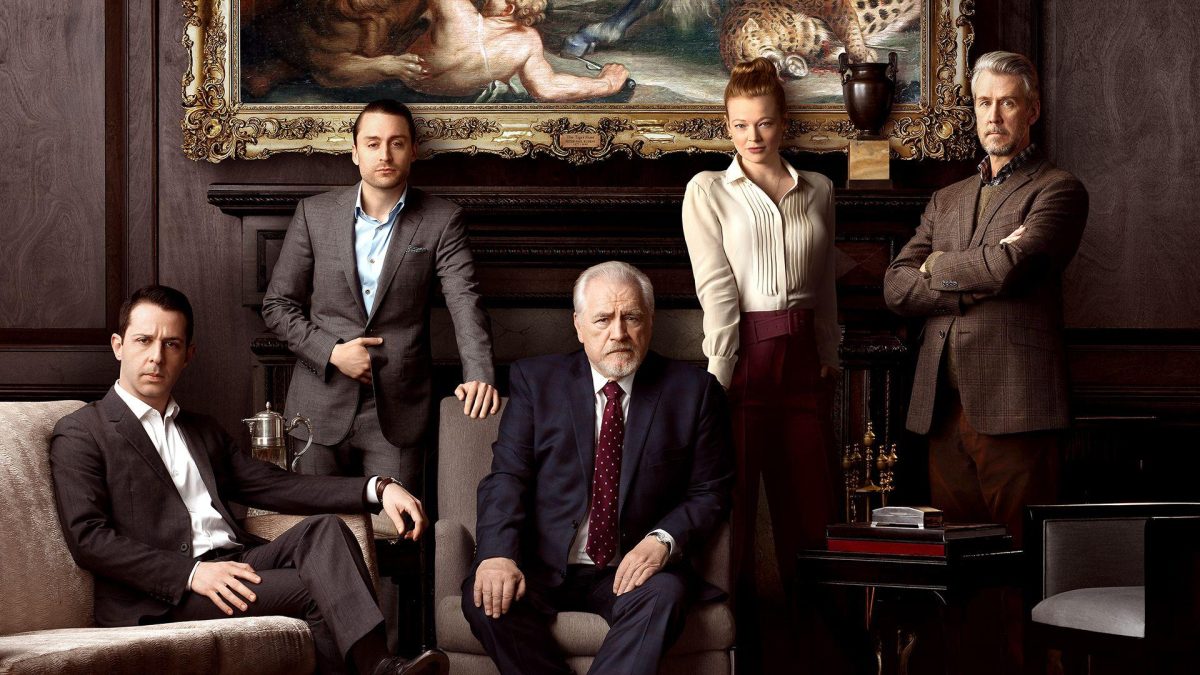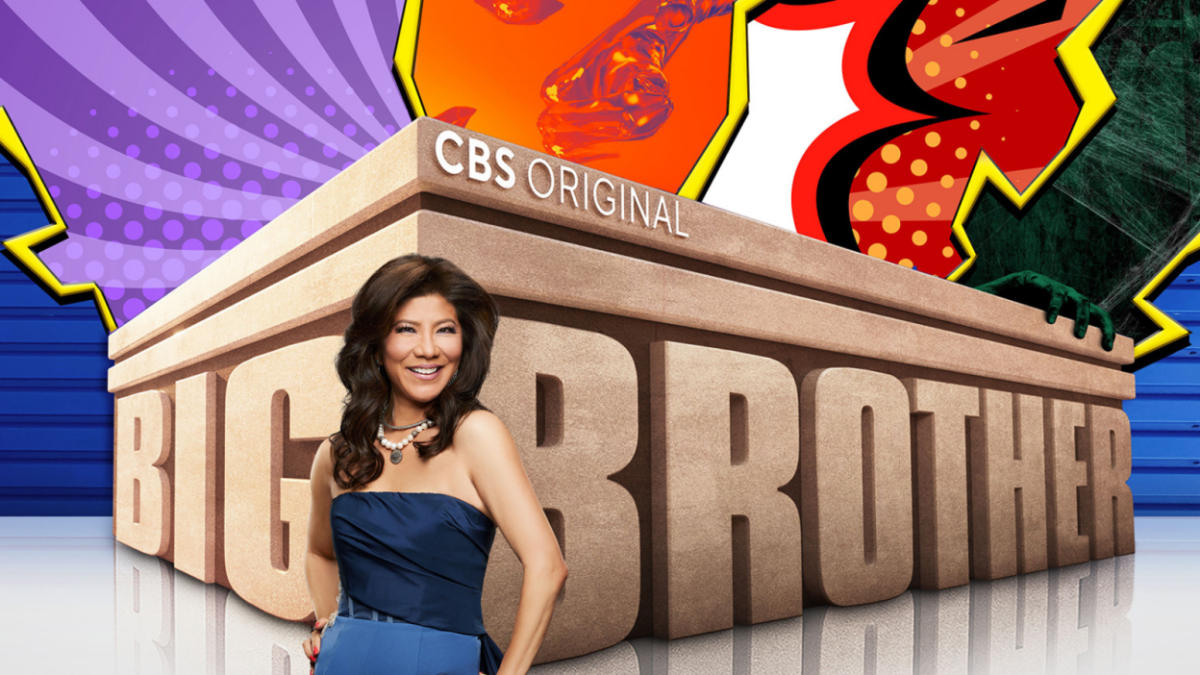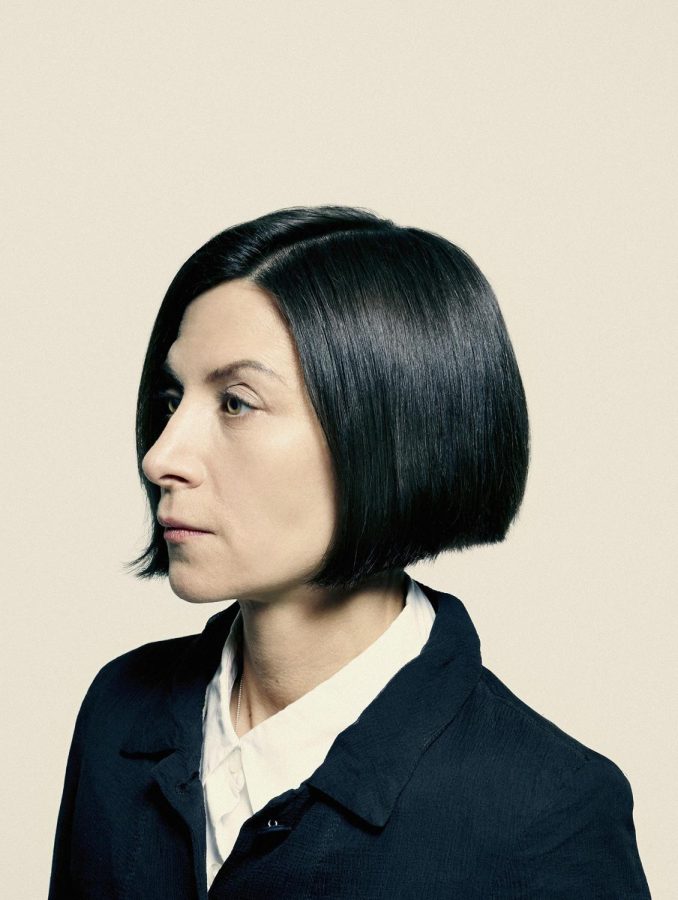“Oh don’t worry Greg. This is a nice, safe space where you don’t have to pretend to like Hamilton.”
“I like Hamilton?”
“Sure you do, we all do.”
These are lines taken from season three episode six of my current hyperfixation, HBO’s Succession. While rewatching this episode, where the Roys take part in a conservative political conference to decide the next Republican presidential candidate, I kept on returning to this small and seemingly throwaway joke.
Might this just be a joke cooked up by some clever writer? Yes.
Might this be a deliberate foreshadowing of the show’s ending, its themes, and a greater commentary on American politics and performative activism? Also yes.
Following the wealthy and trauma-filled Roy family, who were inspired by the real-world Murdoch family who have run news and politics for decades, Succession brilliantly walks the tightrope between Shakespearean tragedy and comedic social satire and parody.
Since the pilot of the show in 2018, it has been compared to the likes of Breaking Bad and Sopranos for being the type of series where our infamous protagonists never change for the better. They only get worse.
Writer and creator Jesse Armstrong clearly has his creative finger on the pulse of the modern political climate. His writing is drenched in commentary.
His characters have arguably zero redeeming qualities. And they seem to have been built to be everything other than likable. Their racist, classist, misogynistic, out-of-touch billionaires who both figuratively and sometimes literally toy with the middle and lower class for their own personal enjoyment.
This is a show clearly birthed from the era of Trump’s America.
With this in mind, it’s an achievement of Armstrong and his team that he was able to not make a show with this premise seem one-dimensional, self-righteous, and politically unbalanced.
Yes, the writer’s room does take jabs at the right, but it also is very much willing to use that same amount of energy to criticize and mock the left.
And here is where the nuances of Succession start to shine.
At the start of the show, there are only two members of the Roy family who seem to be redeeming and morally responsible – Greg Hirsch and Shiv Roy.
Uncoincidentally, these are some of the only blue characters in a vase sea of deep red.
Greg is in a similar boat to Shiv. Like Shiv, he is a Roy by blood only. He acts as the audience’s POV into the cold and inaccessible world that the Roys reside in. He had an upper-middle-class upbringing and is the only character who appears to be normal.
Shiv is the daughter of the media tycoon Logan Roy. However, she does not share her father and brother’s views on politics. Shiv is meant to be the polar opposite to her right-wing family members. She condemns their closed-mindedness and could be argued to be the classic example of a social justice warrior.
Greg and Shiv stand above the others on a moral level. But like all tragedies, these two have a fall from grace.
Because the more they obtain power, the more their moral crown begins to slip.
The more they play the political game with Logan and the Roys, the more they become just like Logan and the Roys.
Greg latches himself onto Tom Wambsgans, Shiv’s husband and like Greg, another social climber. Both play the innocent role while scurrying around like rats in the gutter to plot and scheme to win absolute power. No one sees Greg as a real threat, only an annoying pest following them around.
Knowing this, Greg uses this to his advantage. He listens in on their business dealings, learns their weaknesses, and when the time is right – he goes in for the kill.
He unites with Tom and Logan to take down Shiv and her siblings before they can take power for themselves, he willingly covers up heinous crimes committed by associates of the Roys to win their favor, and in the end, is even willing to backstab Tom when it’s in his best interest.
Throughout the final season of Succession, like a snake, Greg sheds his skin and reveals himself to be a slimy and unloyal hypocrite. And the show argues that Greg has always been like this, he only simply no longer felt the need to keep this charade going.
This arc parallels his cousin Shiv’s story perfectly. Shiv Roy’s ‘for the people’ act stems from a sense of unearned pride and ego and underserved moral superiority.
She wears the mask of a leftist not to make the world a better place and wears it so she can be seen as being better than her family. It’s all ego-driven.
However, as the story progresses her progressive facade fades away until it is completely abandoned by season two.
Here, Shiv is given just a taste of attention from her father and the chance to inherit the propaganda machine she’s claimed she hated.
When the reward is power, all her morals go out the window.
This is most evident in season four episode eight “America Decides.” The Roys argue whether or not to make an early call for the election results in favor of their Republican presidential candidate.
They run the largest conservative media organization, and half of America sees their words as gospel. Shiv worries about the ramifications of having an extremist president. Throughout the episode, she challenges her brothers to make the moral decision and keep the people in mind.
It’s only when Shiv’s true intentions are revealed is when we as the audience are confronted with the real Shiv.
Shiv is not rooting for the Democratic candidate for his politics, she wants him to win for the sole fact that she benefits from his presidency. She fights the battle for social justice for all the wrong reasons.
She acts as a liberal to either gain power and influence, like when she led the presidential campaign to get Succession’s version of Bernie Sanders into office, or does it to make herself stand out from her less politically correct family.
Shiv and Greg aren’t the only Roys to masquerade as a liberal for social capital. Logan’s “number one boy” Kendall quickly leaves behind his feminist crusade from season three after his father dies and he is able to become the next CEO of Waystar Royco.
Kendall, who once said America “must overthrow the culture of corruption that silences women”, is the man who blames all his problems on the women around him and claims that Shiv has no value other than being the token woman of the firm.
This recurring theme of false progressiveness is the backbone of Succession. In the world of the Roys, and maybe our world, business, and politics are inherently preformative.
In an age where celebrities show off their “I voted” pins, upload the BLM logo as their profile pic, and pride themselves on their inclusivity, while later on down the line are revealed to be hypocrites being the scene, it’s refreshing seeing a mainstream tackle this issue.
Like Roman Roy said “It’s nothing. It’s bits of glue and broken shows. Phony news…”










